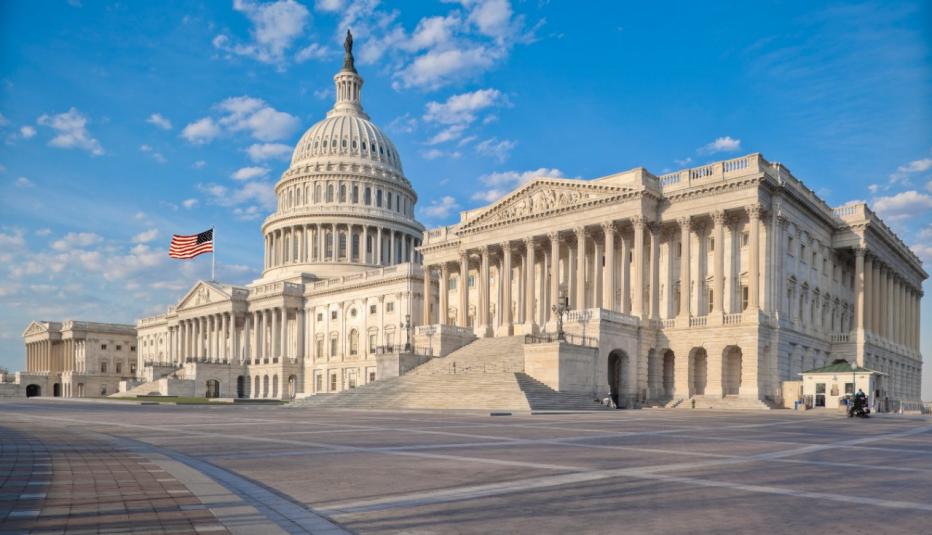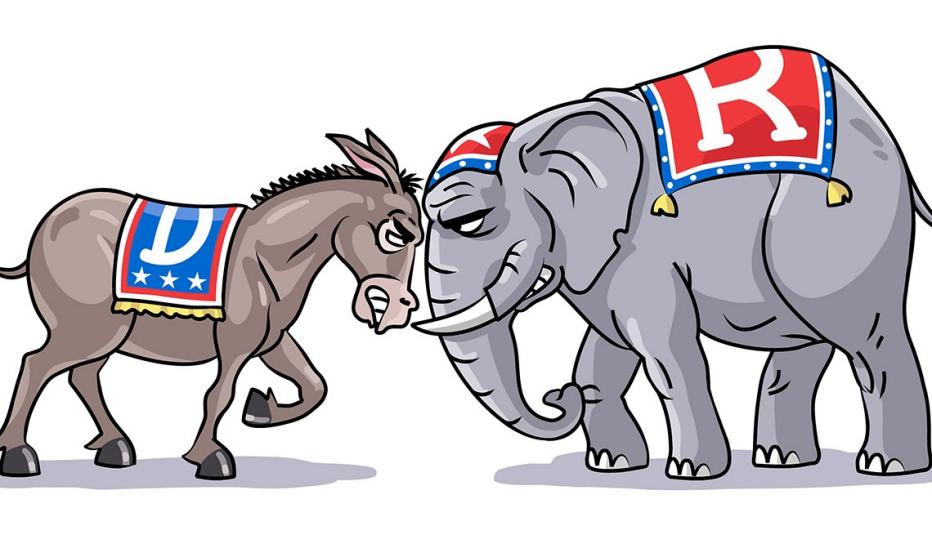AARP Hearing Center
A new poll of registered voters 18-plus nationally — and in the 28 most competitive congressional districts — shows tax relief for unpaid family caregivers should be a top tax priority for the new Congress. When presented with different tax policies that President Trump and Congress have discussed, voters overwhelmingly said that supporting unpaid family caregivers who work is a priority. America’s family caregivers help older parents, spouses, and other loved ones remain at home — and out of costly nursing homes. On average, they spend $7,200 a year out of their own pockets on their caregiving responsibilities while juggling work responsibilities. Many have to cut back on their hours or leave the workforce entirely.


The survey found that 84 percent of voters nationally and in competitive districts support a federal tax credit for unpaid family caregivers who work. Support remains strong among the president’s supporters, with 84 percent of Trump voters supporting a tax credit for caregivers.
Support for a Caregiver Tax Credit surpassed other tax proposals gaining traction on the Hill as Congress works to craft a tax package. Both nationally and in competitive districts, voters are more likely to support a tax credit for unpaid family caregivers compared to eliminating federal income taxes on tips, which 70 percent of voters nationally and 71 percent of voters in competitive districts support, or eliminating federal income taxes on overtime income, which garnered support from 64 percent of voters both nationally and in competitive districts.
Forty-four percent of voters nationally and 39 percent in competitive districts agree that the president and Congress should make the 2017 tax cuts permanent and add additional tax cuts that would help working families. Meanwhile, just 12 percent of all voters nationally and 16 percent of voters in competitive House districts think the President and Congress should only make the 2017 tax cuts permanent.
The economy took center stage in the 2024 election, and the survey revealed that voters remain concerned about the economy, personal finances and costs connected to caring for an older loved one.
Nearly two in three voters nationally say they are worried about their personal financial situation, with well over half of voters in competitive districts also worried. Sixty-eight percent of voters nationally and 65 percent of voters in competitive districts are concerned about not being able to afford the added expenses that come from caring for an aging family member at home.
The sample representing competitive congressional districts included the districts won by Republicans with the narrowest margins and those won by Democrats and President Trump. These are the 28 districts that will decide who wins control of the House in 2026 midterm elections.
The new survey release is part of a continued advocacy effort to deliver tax relief for America’s 48 million unpaid family caregivers. As the new Congress and President-elect took over Washington, D.C., AARP kicked off a campaign to urge Congress to pass the Credit for Caring Act, a proposal that would give eligible family caregivers who work a nonrefundable tax credit to offset caregiving expenses.
Methodology
AARP commissioned the bipartisan polling team of Fabrizio Ward (R) & Impact Research (D) to survey 3,000 registered voters age 18-plus nationally and 1,000 registered voters age 18-plus in targeted congressional districts from January 27 to February 1, 2025. Interviews were offered in English and Spanish.
For more information about the survey, please contact Jennifer Sauer at jsauer@aarp.org. For media inquiries, please contact External Relations at media@aarp.org.





































































